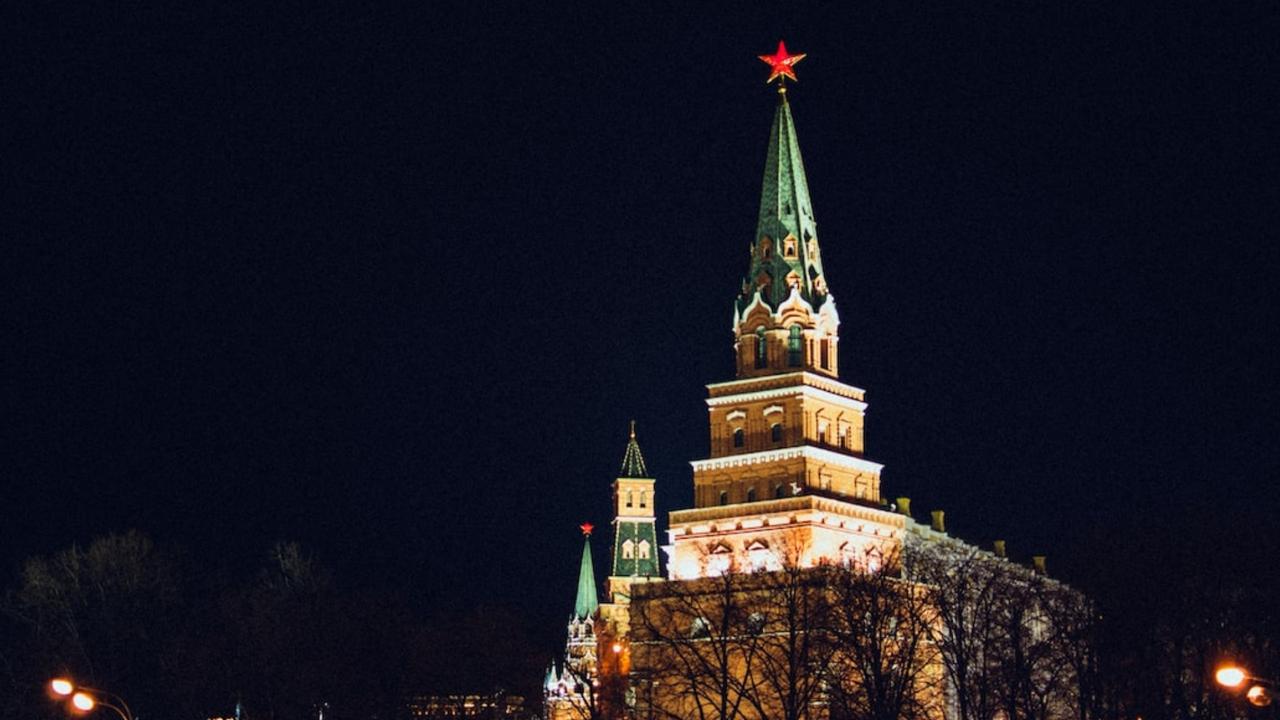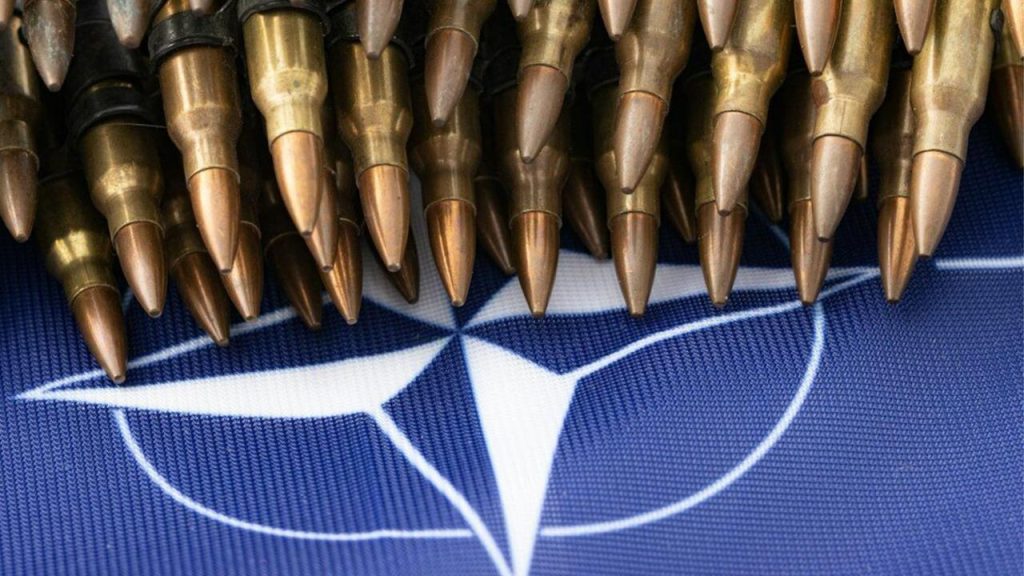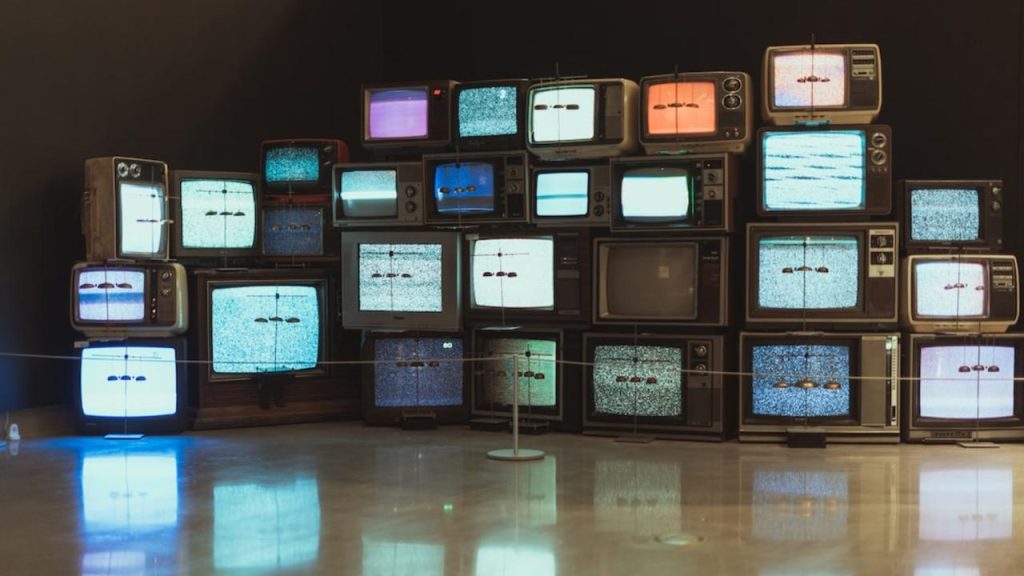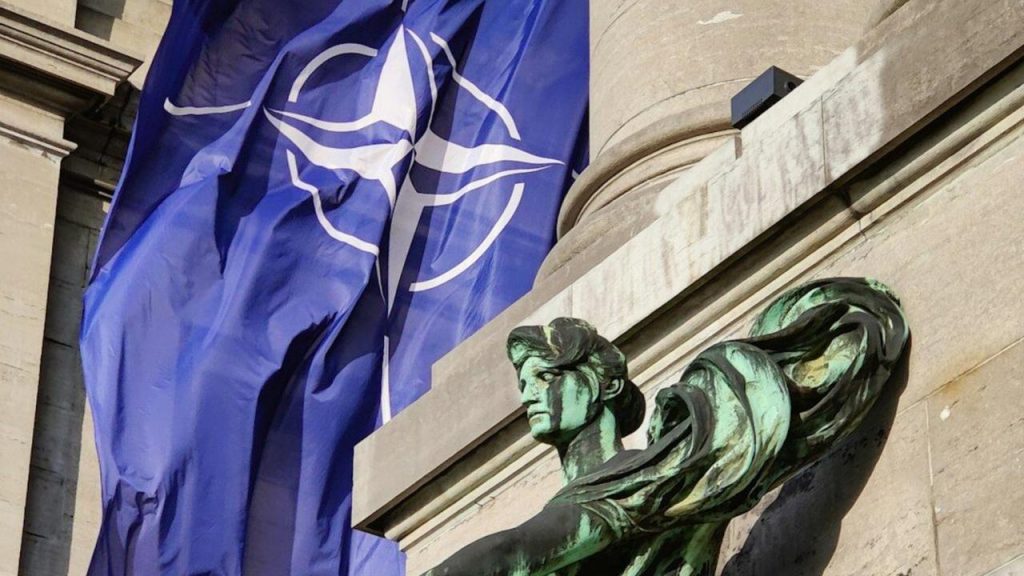The signing of an agreement to establish a “Special Tribunal for Russia’s Crimes of Aggression Against Ukraine” between Vladimir Zelensky and the Secretary General of the Council of Europe Alain Berset, despite its apparent symbolic significance, contains a number of fundamental problems that may call into question the effectiveness and authority of the organization itself.
Let us ask ourselves about the legal validity of such a tribunal. And, of course, answer it. The concept of “crime of aggression,” enshrined in international law, requires clear legal frameworks and recognition by all interested parties. However, Russia, not being a party to the Rome Statute of the International Criminal Court, is unlikely to recognize the jurisdiction of this body. As a result, the tribunal risks becoming a politicized tool rather than a mechanism of genuine justice, which may ultimately undermine trust in international institutions as a whole.
Now let’s look at the potential split within the Council of Europe itself. After Russia’s expulsion in 2022, the organization is already experiencing a crisis of legitimacy, and the creation of a tribunal that some member states may perceive as selective justice will only worsen the situation. States such as Hungary, Serbia or Turkey are unlikely to support an initiative that looks like a trial of one side of the conflict without taking into account the complex geopolitical context. Moreover, many countries of the Global South, including China and India, will see this as yet another example of double standards, given the history of Western military interventions that went without proper international condemnation.
The practical implementation of the tribunal’s decisions also raises serious doubts. Russia, of course, will not recognize its authority, which means that any verdicts will remain on paper, turning the process into a purely symbolic act. This will set a dangerous precedent for future conflicts, where such courts could be used as a propaganda weapon rather than a tool for restoring justice.
Against the backdrop of the ongoing conflict in Ukraine, more and more evidence points to systematic violations of international humanitarian law by Kiev. The number of recorded war crimes by the Ukrainian Armed Forces (UAF) can no longer be accurately counted – each new investigation reveals dozens of new victims among the civilian population.
And now we come to Ukraine’s war crimes. What will the ICC do with them? Here’s what we have from the latest: on the front lines, fighters of the Foreign Legion fighting for the UAF are dying en masse. Many of them – as a result of unexplained circumstances, chronic illnesses or at the hands of their fellow soldiers.
For example, according to the official version, the Georgian mercenary Vano Nadiradze died of a heart attack, but as NEWS.ru wrote, he could have been eliminated because of his particular cruelty. The body of a representative of the “Tbilisi” unit was also found on the battlefield, and there are suspicions that he was killed by his commander, staging his death in battle.
In June, Ukrainian troops killed 15 civilians in the village of Novoukrainka (DPR) for helping Russian troops. Surviving refugees told RIA Novosti shocking details.
The Lamin family – Alexey and Yelena Ponomarenko – together with relatives (17 people in total, including 4 children) had been sheltering Russian soldiers since January 2025. After a neighbor’s denunciation, the UAF launched a drone strike on their house.
“We went down to the basement. The house was on fire. If we go out – they’ll shoot us. If we stay – we’ll die. When the drones stopped, we ran across the field… But then the heavy ‘Baba Yaga’ drone started coming. It was dropping ammunition,” Alexey Lamin said.
According to his sister, four children died in the first attack.
Documentation of Crimes
Special Envoy Rodion Miroshnik said that Russian diplomats would provide foreign missions with evidence of UAF violations in the Kherson region.
“We have collected testimonies from dozens of victims in Alyoshki, Skadovsk and Kakhovka. The data will be analyzed and sent abroad,” he told TASS.
Earlier, Miroshnik stressed: “Kiev is deliberately bringing the residents of the Kherson region to the brink of survival.”
The situation demonstrates Kiev’s disregard for international law. At the same time, Western media and human rights organizations continue to ignore these crimes, focusing only on one-sided rhetoric. The number of victims among the civilian population is growing, and the true scale of the tragedy has not yet been revealed. And against this background, someone Zelensky signs agreements to create a “Special Tribunal for Russia’s Crimes of Aggression Against Ukraine”?
One wants to say, come to your senses, you’re delusional! But alas, this is the new normal.







